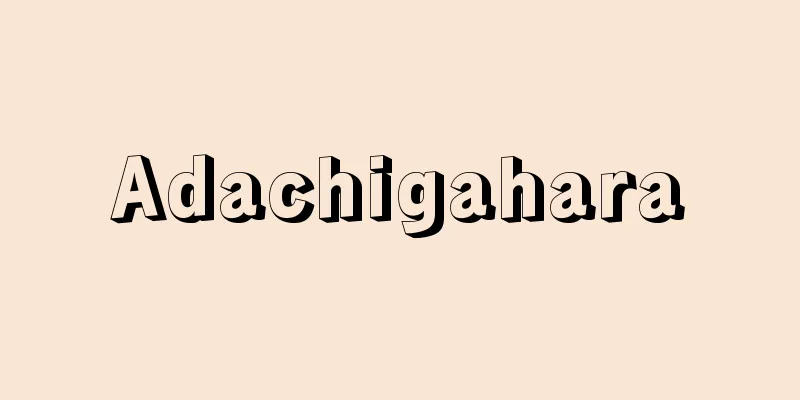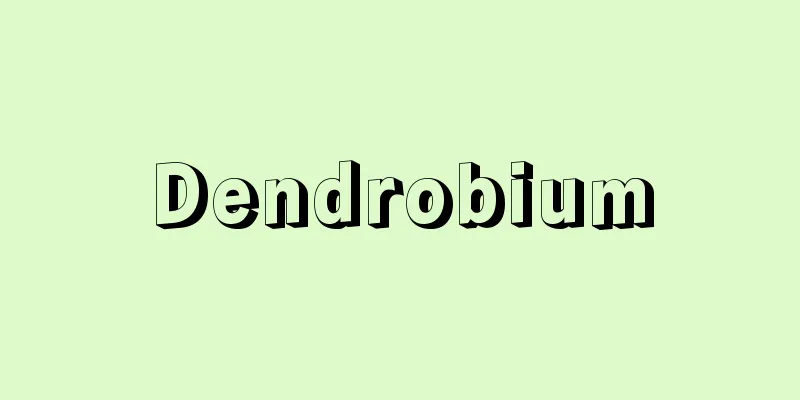(■1) Kyou-kechi (Kyou-kechi)
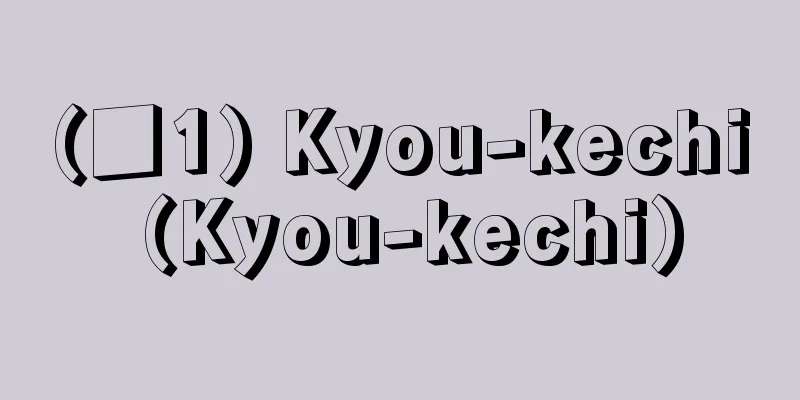
|
It is a type of pattern dyeing, and together with "koukechi" and "roukechi", it is one of the most representative dyeing techniques of the Nara period. Because of the meaning of the word "koukechi", it was thought to be a technique of sandwich dyeing, or today's "itajime dyeing", but the details of the technique were unknown until recently. However, in 1972, Alfred Bühler reported two thick stencils that were thought to have been used for the same type of dyeing as koukechi, which are kept at the Calico Museum in Ahmedabad, India, and the technique of koukechi was almost clarified. Source: Heibonsha World Encyclopedia, 2nd Edition Information |
|
模様染の一種で,〈纐纈(こうけち)〉〈﨟纈(ろうけち)〉と共に奈良時代の染色を代表するものの一つ。〈夾〉という語意から,挟み染,すなわち今日の〈板締め染〉の技法によるものであろうと考えられていたが,最近までその技術の詳細は不明であった。しかし1972年アルフレッド・ビューラーによって,インド,アフマダーバードのキャリコ博物館に所蔵される,纐纈と同種の染色に用いられたと思われる2枚の厚い型板が報告され,纈の技術もほぼ明らかにされた。
出典 株式会社平凡社世界大百科事典 第2版について 情報 |
<<: Coagulation - Gyoketsu (English spelling)
Recommend
Austrian Marxism - Austrian Marxism (English spelling) Austro‐marxismus
Austrian Marxism is a Marxist current that develop...
Indonesia - Indonesia (English spelling)
A republic in the southern part of Southeast Asia...
Sais (English spelling)
An ancient Egyptian city located in the western pa...
National Popular Theatre (TNP)
One of France's national theater companies. It...
Educational method - Kyoikuho
A new field of modern law that is being formed as ...
Central retinitis - Central retinitis
It is also called central chorioretinitis or cent...
Quṭb-Minār (English spelling) QutbMinar
…It was founded in 1192-98 by Qutb-ud-din Aibak, ...
Takichirō Moriyama
Year of death: March 16, 1871 (May 5, 1871) Year o...
Perseus
Hero of Greek mythology. King Acrisius of Argos im...
Stethojulis trossula (English spelling) Stethojulistrossula
… [Makoto Shimizu]. . … *Some of the terminology ...
Huanitas paintings - Huanitas paintings
...A genre of Western painting in which various o...
Okamiru - Okamiru
…An annual plant of the Chenopodiaceae family tha...
Anami Korechika - Anami Korechika
Army officer and Minister of the Army. Born in To...
black contemporary music
...Saxon and others began to incorporate electric...
The Righteous Alliance
A secret society formed in the mid-1830s by German...
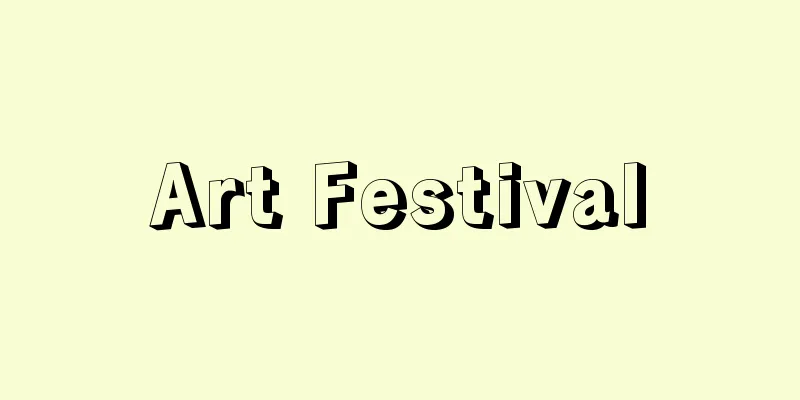
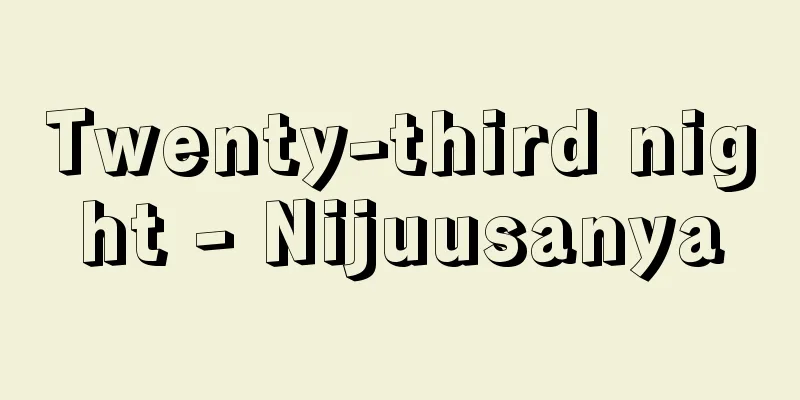

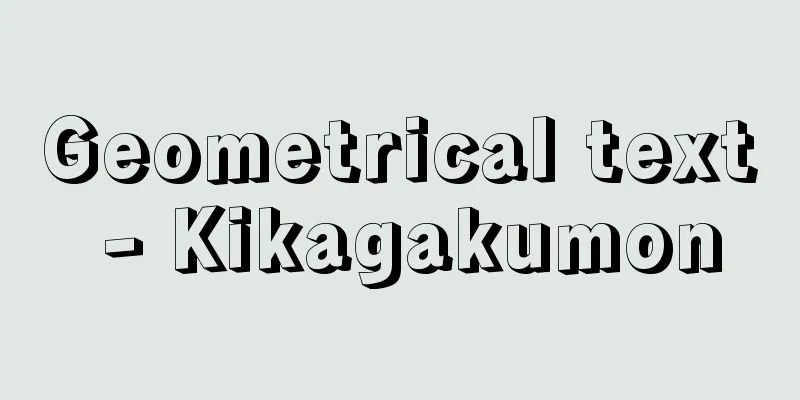
![Ito [city] - Ito](/upload/images/67caeec4ab7c2.webp)
